Let’s Be Real About County’s Problems, Solutions to Homelessness
This blog post was written by Lauren McGowan, associate vice president of ending homelessness and poverty at United Way of King County
Over the last two years, United Way and our Home Base partners have distributed more than $130 million in rental assistance to help 22,000 households maintain housing during the pandemic. More than 70% of funds have supported Black, Indigenous, and other people of color who have been disproportionally impacted by the health and economic impacts of COVID-19. More than 90% of the funding United Way has distributed went directly to landlords. This includes hundreds of mom-and-pop landlords, small businesses and large corporate property owners.
The good news is that the combination of unprecedented levels of government funding, generous donations of flexible funding from individuals and philanthropic organizations, and strong tenant legislation helped our region avoid the eviction tsunami that many of us have been worried about.
The bad news is that most eviction moratoriums are behinds us, rental assistance is largely dried up, rental housing costs are through the roof, and fatigue from the pandemic has a lot of people ready to return to the way things were pre-pandemic.
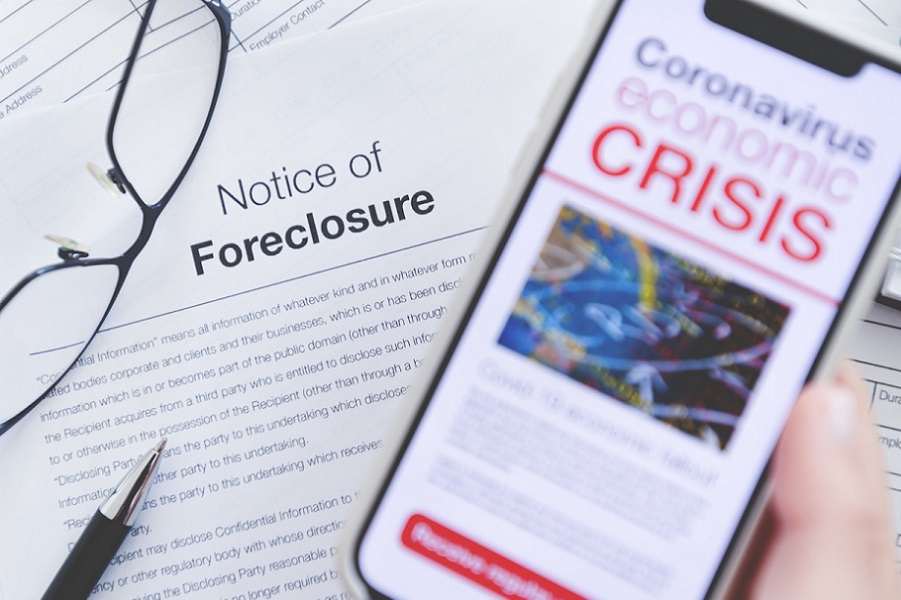
Let’s be clear, things weren’t working well for most low-income people facing eviction before the pandemic. They were painful and traumatic. The pandemic forced most of us to compromise for the greater good, but will we continue to do that?
Today we see headlines like” Seattle loses nearly 3,000 rental properties in less than a year “or “Expiration of Seattle’s eviction moratorium is cause for optimism”and assume it is time to go back.
The United Way team challenges us to move forward…together.
Here are the facts:
- Evictions are a leading cause of homelessness.
- Evictions disproportionately impact Black women and other communities of color.
- Even before the pandemic, only 1 in 4 eligible renter households received federal rental assistance due to funding limitations.
- King County lacks enough affordable housing.
- Data indicates that there are fewer affordable rental units now than before the pandemic—this should concern all of us.
So, what do we do about this?
- Get better data: We need real-time data to understand who is being evicted and why they are being evicted. We also need to better understand if and why we are losing affordable rental units. The Housing Justice Project is tracking evictions, which can help inform policies and practices. National League of Cities also has recommendation for how cities can collect and use data to reduce evictions.
- Eliminate economic evictions: We have the ability to ensure that no one is evicted because they can’t pay rent. We need to establish and fund a coordinated, client-centric rental assistance program that is low barrier, accessible and monitored for equity. It needs to be funded at the scale of the need for assistance—with the ability to grow and contract as economic conditions change. Both tenants and landlords should have easy access to financial assistance via online and in-person application portals and technology that quickly distributes payments.
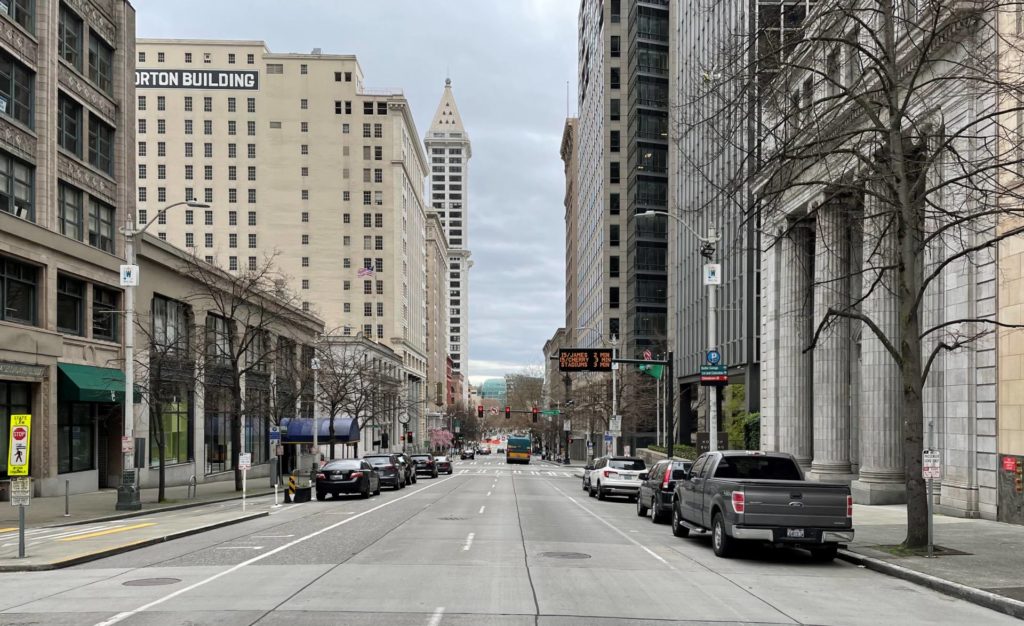
- Support the most vulnerable: Some of our neighbors need more support to access and retain housing. Organizations like Housing Connector can be an important bridge for both landlords and tenants. This model should be expanded.
- Host an Eviction and Homelessness Prevention Summit: Let’s face it, in the Pacific Northwest, we love a committee. There have been numerous task forces, tables and committees to develop tenant and landlord protections. As we look toward the future, we need to come together to reimagine what it looks like to ensure we prevent evictions and encourage landlords to provide affordable rental units. We have a communitywide problem and need a communitywide strategy for developing equitable policies and practices that can help people get into affordable housing units without unnecessary racist or classist policies and help them maintain that housing. We also need to keep as many affordable units in the market as possible. Let’s have a summit that explores the issues, centers the needs of people facing evictions, listens to the concerns of landlords, and results in real solutions.
- Advocate. We need significant policy changes to make it easier to develop and sustain affordable housing, strengthen and modernize our social safety net, and ensure that people have equitable access to economic opportunities.
At United Way we are committed to a just recovery. That won’t be easy, but it is essential. Together we can be the region that leads with our values and ensures everyone has a home.

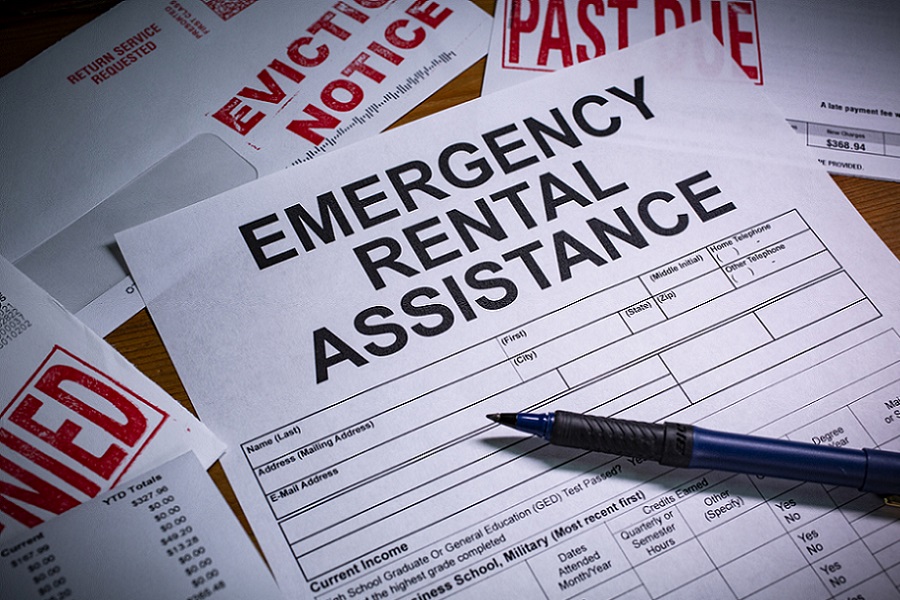
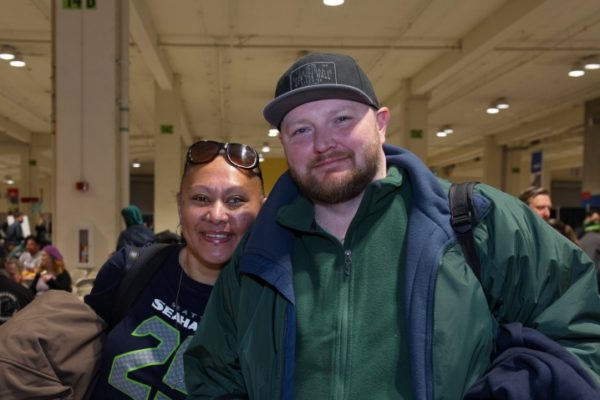
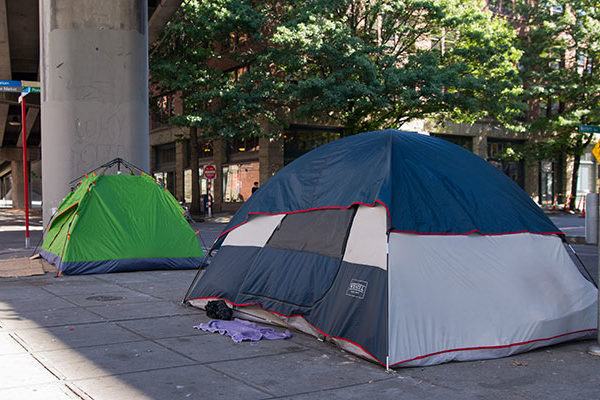
Comments